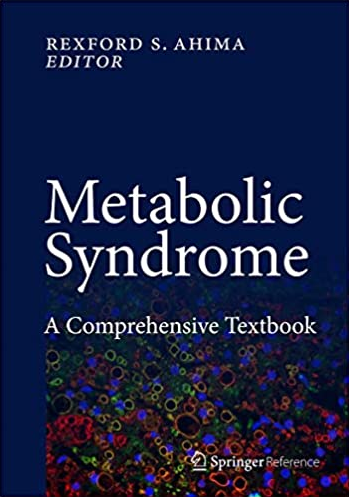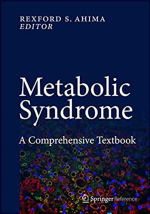Metabolic Syndrome A Comprehensive Textbook 1st ed 2016 Edition PDF EBOOK EPUB
This comprehensive reference work edited by one of the leading authorities on obesity presents an up-to-date survey of the current scientific understanding of the metabolic syndrome, as well as an overview of the most significant changes to the field over the past 30 years. This volume is a thorough reference for obesity and the metabolic syndrome and will prove an indispensable resource for clinicians and researchers at levels worldwide. The obesity epidemic has generated immense interest in recent years due to the wide-ranging and significant adverse health and economic consequences that surround the problem. Much attention has been focused on behaviors that lead to obesity, in particular to over consumption of energy-dense food and to sedentary lifestyle. However, obesity is an extremely complex condition with poorly defined pathogenesis. In addition, when combined with other comorbidities such as hypertension and dyslipidemia, obesity often leads to a patient diagnosis of metabolic syndrome, a very troubling condition that has grown, and is continuing to grow, rapidly each year in prevalence worldwide. Metabolic syndrome is a cluster of conditions ― increased blood pressure, a high blood sugar level, excess body fat around the waist and abnormal cholesterol levels ― that occur together, increasing one’s risk of heart disease, stroke and diabetes. This resource covers the full range of scientific and clinical aspects: epidemiology, genetics, environmental factors, pathophysiology, diseases associated with obesity, and clinical management.









Reviews
There are no reviews yet.